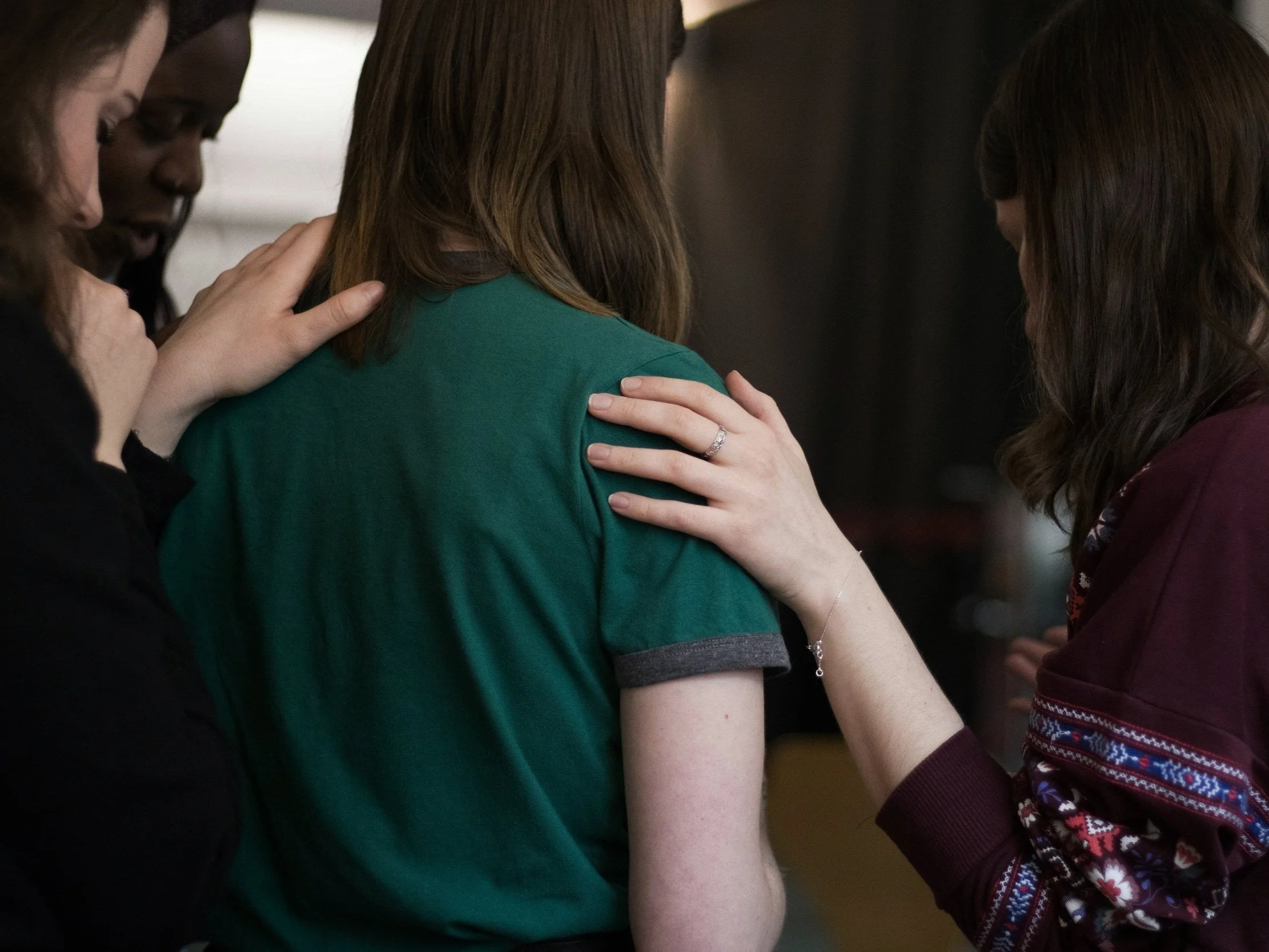Let’s Talk About Rage: The Postpartum Emotion Nobody Warns You About
Postpartum rage is real, common, and often misunderstood. Learn why it happens, what it means, and how to support yourself through it—without shame.
What to Expect in the NICU: A Gentle Guide for New Parents
Navigating the NICU can feel overwhelming, but you’re not alone. This guide for new parents explains what to expect, how to bond with your baby, and where to find support during your NICU journey.
Embracing La Cuarentena
In a world that rushes new parents to bounce back, la cuarentena offers something radical: rest, care, and the belief that healing deserves time. Rooted in Latin American tradition and backed by science, this 40-day postpartum practice is not just cultural, it’s essential.
Coping When Birth Doesn’t Go As Planned
Experiencing a birth that didn’t go as planned can leave many parents feeling confused, disappointed, or even traumatized. Whether you had a cesarean birth you weren’t expecting, faced unexpected interventions, or felt unsupported during labor, your feelings are valid. In this post, we’ll explore how to begin healing after a difficult birth, how to process and reclaim your birth story, and when it might be helpful to seek additional support. If you're struggling to make sense of your experience, this guide is for you.
You’re Not Alone: Navigating Postpartum Mental Health with Therapist Jennifer Blackstone
Licensed therapist Jennifer shares what new parents need to know about postpartum mental health, including common signs, when to seek help, and how doulas and therapists can support families together. You’re not alone—support is here.
Losing Yourself in Motherhood—and Finding Your Way Back
Embarking on motherhood can be a rollercoaster of emotions. It can be deeply joyful and incredibly overwhelming—sometimes all at once. One moment you may feel full of love and purpose, and the next, totally unsure of who you are now. That mix of emotions is normal.
If you’ve felt lost in your role as a mother or like your identity is slipping through your fingers, you are not alone. This is called identity loss, and it’s one of the most common and least-talked-about parts of becoming a parent.
Let’s talk about what it is, why it happens, and how to begin finding yourself again, without guilt.
Doula vs Nanny vs NCS: What’s the Difference?
Having support during the postpartum period isn’t a luxury—it’s essential. When you're held, cared for, and supported in the right ways, you’re more likely to feel calm, connected, and confident as you adjust to life with a new baby. The beautiful thing is: there are so many options for support, and the key is finding the one that meets your needs. Understanding the different roles—whether it’s a postpartum doula, a newborn care specialist, or a mother’s helper—not only helps you ask the right questions when interviewing, but also ensures you feel satisfied with the kind of care you receive. When you know who you’re hiring and what to expect, your postpartum experience can feel a lot more aligned, intentional, and nurturing.
Here’s a breakdown of some of the most common postpartum support roles so you can decide what feels right for your family, whether you’re looking for help during the day, overnight, or both.







